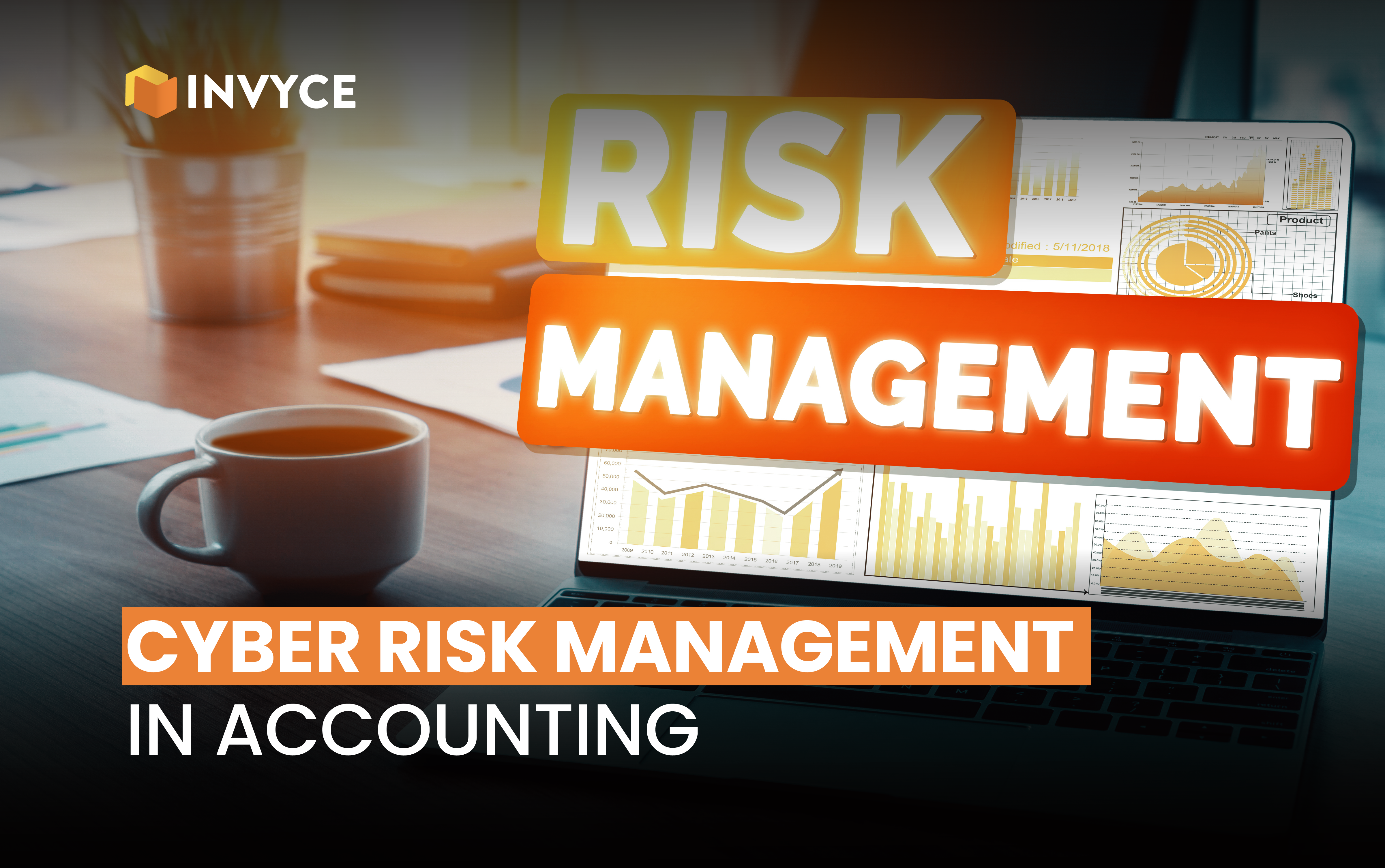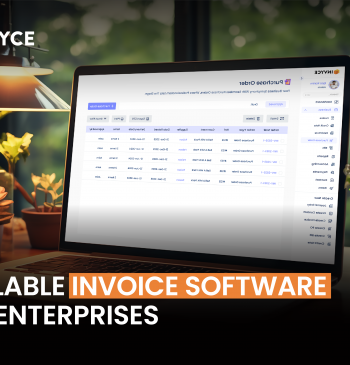27 May

In today’s digital economy, accounting firms increasingly manage their financial data and processes using technology. It also increases the risk of cyber threats associated with this reliance. Protecting sensitive information, maintaining client trust, and conforming with regulatory requirements can only be achieved with effective cyber risk management.
In this article, key aspects of cyber risk management in accounting are explored and practical strategies for safeguarding financial integrity are offered.
Table of Contents
Understanding Cyber Risks in Accounting
In accounting, cyber risks can take many forms, such as data breaches, ransomware attacks, phishing scams, and insider threats. Accounting firms are at risk of the following risks.
Data violations
Identity theft, financial fraud, and serious harm to reputation can result from unauthorized access to private financial information.
Cyber Attacks
These cyberattacks cause financial losses and disruption to businesses by encrypting important data and demanding payment to unlock it.
Phishing scams
These involve sending misleading emails and visiting fake websites to fool staff members into giving private information, therefore risking security.
Internal Threats
Workers or contractors who have access to private information may, through intentional or unintentional means, abuse their role.
The Importance of Cyber Risk Management
To safeguard an organization’s information assets, cyber risk management includes locating, evaluating, and reducing cyber threats. Several factors make effective cyber risk management essential for accounting firms.
Client Trust
When it comes to their most private financial information, clients trust accounting companies. Long-term partnerships and the preservation of trust depend on the protection of this data.
Regulatory Compliance
Accounting firms must comply with various regulations, such as the General Data Protection Regulation (GDPR) and the Personal Information Protection and Electronic Documents Act (PIPEDA). Failure to comply can result in hefty fines and legal consequences.
Operational Continuity
Businesses can suffer financial losses and downtime due to cyberattacks. Continuity and resilience are ensured by effective risk management.
Cyber Risk Management Strategies
The following strategies should be implemented by accounting firms to effectively manage cyber risks.
Make Risk Assessments.
Analyze cyber risks regularly to find weak points and possible attacks. Make use of the results to rank and take care of the most important hazards.
Establish Strong Access Controls
Depending on work titles and responsibilities, restrict access to critical data. If you want to increase security, use multi-factor authentication (MFA).
Employee Education and Training
Consistently teach staff members cybersecurity awareness, stressing the value of identifying and steering clear of phishing scams and other typical dangers.
Invest in Strong Cybersecurity Solutions
To stave off cyberattacks, install cutting-edge cybersecurity solutions including intrusion detection systems, firewalls, and encryption.
Make an Incident Response strategy
After a cyberattack, you should have a thorough incident response strategy that states what to do. Make sure the plan is working by testing and updating it frequently.
Software upgrades
To guard against known vulnerabilities, keep all systems and software up to date with the most recent security patches and upgrades.
Watch and Audit Systems
Keep an eye out for any indications of questionable activity on the network. To verify adherence to cybersecurity policies and procedures, conduct routine audits.
The Function of Cybersecurity Insurance in Risk Control
The function of cyber insurance is another crucial aspect of accounting’s cyber risk management. Regarding expenditures related to data breaches, company interruption, and legal responsibilities, cyber insurance can act as a financial safety net. Accounting firms can reap the following benefits from cyber insurance
Financial Protection
Cyber insurance helps pay for costs associated with recovering from a cyberattack, such as those related to legal Support: Following a data breach, policies frequently provide access to legal professionals who may guide you through regulatory procedures and any lawsuits.
Incident Response.
A lot of cyber insurance plans give you access to incident response groups, which can help you control and lessen the effects of a cyberattack.
Peace of Mind.
Knowing that they have a safety net in place for potential cyber risks, accounting companies can concentrate on their core business operations with the security of cyber insurance. data recovery, system maintenance, and reputational damage mitigation PR campaigns.
Conclusion
One essential component of contemporary accounting procedures is cyber risk management. Accounting businesses can safeguard confidential financial information, uphold client confidence, and guarantee regulatory compliance by comprehending the many cyber threats and putting strong risk management techniques into place.
Investing in cybersecurity strengthens accounting businesses’ overall resilience and credibility in an increasingly digital world, while also protecting financial integrity.
Marjina Muskaan has over 5+ years of experience writing about finance, accounting, and enterprise topics. She was previously a senior writer at Invyce.com, where she created engaging and informative content that made complex financial concepts easy to understand.
Related Post
Copyright © 2024 – Powered by uConnect



Marjina Muskaan